Client Alert
California Supreme Court In Adolph v. Uber Has “Last Word” On PAGA Standing
July 18, 2023
By Leslie L. Abbott,Chris A. Jalian,James P. de Haan,& Shera Y. Kwak
The California Supreme Court’s long-awaited “last word” (for now) on statutory standing post-Viking River Cruises v. Moriana[1] is here: a plaintiff compelled to arbitrate individual claims brought under the Private Attorneys General Act (“PAGA”) retains standing to pursue representative (non-individual) PAGA claims in court.[2]
That is the unanimous holding of Adolph v. Uber Technologies, Inc., which rejects the United States Supreme Court’s analysis of PAGA standing in Viking River Cruises. According to Adolph, there are only two requirements for standing under PAGA—a plaintiff must have (1) been employed by the alleged violator, and (2) suffered at least one Labor Code violation. “Arbitrating a PAGA plaintiff’s individual claim does not nullify the fact of the violation or extinguish the plaintiff’s status as an aggrieved employee”; thus, contrary to the majority’s holding in Viking River Cruises, an order compelling individual arbitration does not require dismissal of the plaintiff’s non-individual PAGA claims.[3]
Background
Nearly a decade ago, the California Supreme Court ruled that PAGA claims fell outside the purview of an employee’s arbitration agreement.[4] The United States Supreme Court upended that ruling last year in Viking River Cruises, holding that an employee who is bound by an arbitration agreement covered by the FAA may be compelled to pursue their individual PAGA claims in arbitration rather than in court.[5] However, that left open the question of what courts should do with the representative claims brought on behalf of other employees.[6]
The Court’s majority in Viking River Cruises ruled that, under California law, plaintiffs lose statutory standing to pursue non-individual claims in court after “an employee’s own dispute is pared away from a PAGA action,” resulting in dismissal.[7] Justice Sotomayor joined the Court’s opinion, but noted in her concurrence that “if this Court’s understanding of state law” as to statutory standing “is wrong, California courts, in an appropriate case, will have the last word.”[8]
The California Supreme Court used Adolph to issue that last word—Viking River Cruises was wrongly decided, it said, with respect to its dismissal of non-individual PAGA claims after the aggrieved employee’s individual PAGA claim is compelled to arbitration.
The California Supreme Court’s Decision
Adolph clarified that PAGA standing has just two requirements: an aggrieved employee must have been (1) employed by an alleged violator, that (2) committed at least one Labor Code violation against him or her. According to the Court, “[a]rbitrating a PAGA plaintiff’s individual claim does not nullify the fact of the violation or extinguish the plaintiff’s status as an aggrieved employee.”[9] However, the Court acknowledged that “the Legislature designed PAGA standing to be narrower than general public standing . . . an ‘aggrieved employee’ is an individual who worked for the alleged violator and personally sustained at least one Labor Code violation.”[10]
This outcome, Adolph explained, does not run afoul of Viking River Cruises, as a plaintiff ordered to arbitrate the individual claims could not relitigate those claims in court.[11] Rather, after compelling arbitration, trial courts have discretion to stay the non-individual claims pending the outcome of the arbitration. At that point, if the arbitrator determines the plaintiff is an aggrieved employee, that determination “would be binding on the court, and [the plaintiff] would continue to have standing to litigate his nonindividual claims.”[12] But if the arbitrator determines the plaintiff is not an aggrieved employee, “the court would give effect to that finding, and [the plaintiff] could no longer prosecute his nonindividual claims due to lack of standing.”[13] According to Adolph, this bifurcated process gives effect to the parties’ arbitration agreements, while also vindicating the statutory scheme underlying PAGA.
What Adolph Means For Employers
In light of Adolph, employers will need to weigh the costs and benefits of litigating individual PAGA claims in arbitration, while remaining in court on the non-individual PAGA claims. Additionally, the Court suggested that employers who seek to further narrow PAGA’s standing requirements “in order to curb alleged abuses of PAGA” may best direct their efforts to the Legislature, “which may amend the statute to limit PAGA enforcement if it chooses.”[14]
[1] Viking River Cruises, Inc. v. Moriana, 142 S. Ct. 1906 (2022).
[2] Adolph v. Uber Techs., Inc., No. S274671, 2023 WL 4553702 (Cal. July 17, 2023) (also available at https://www.courts.ca.gov/opinions/documents/S274671.PDF).
[3] Id. at *6.
[4] Iskanian v. CLS Transp. L.A., LLC, 59 Cal. 4th 348, 384-87 (2014).
[5] Viking River Cruises, 142 S. Ct. at 1924-25.
[6] Id. at 1925.
[7] Id.
[8] Id.
[9] Adolph, 2023 WL 4553702 at *6.
[10] Id. at *10.
[11] Id. at *8.
[12] Id.
[13] Id.
[14] Id. at *11.
Contributors
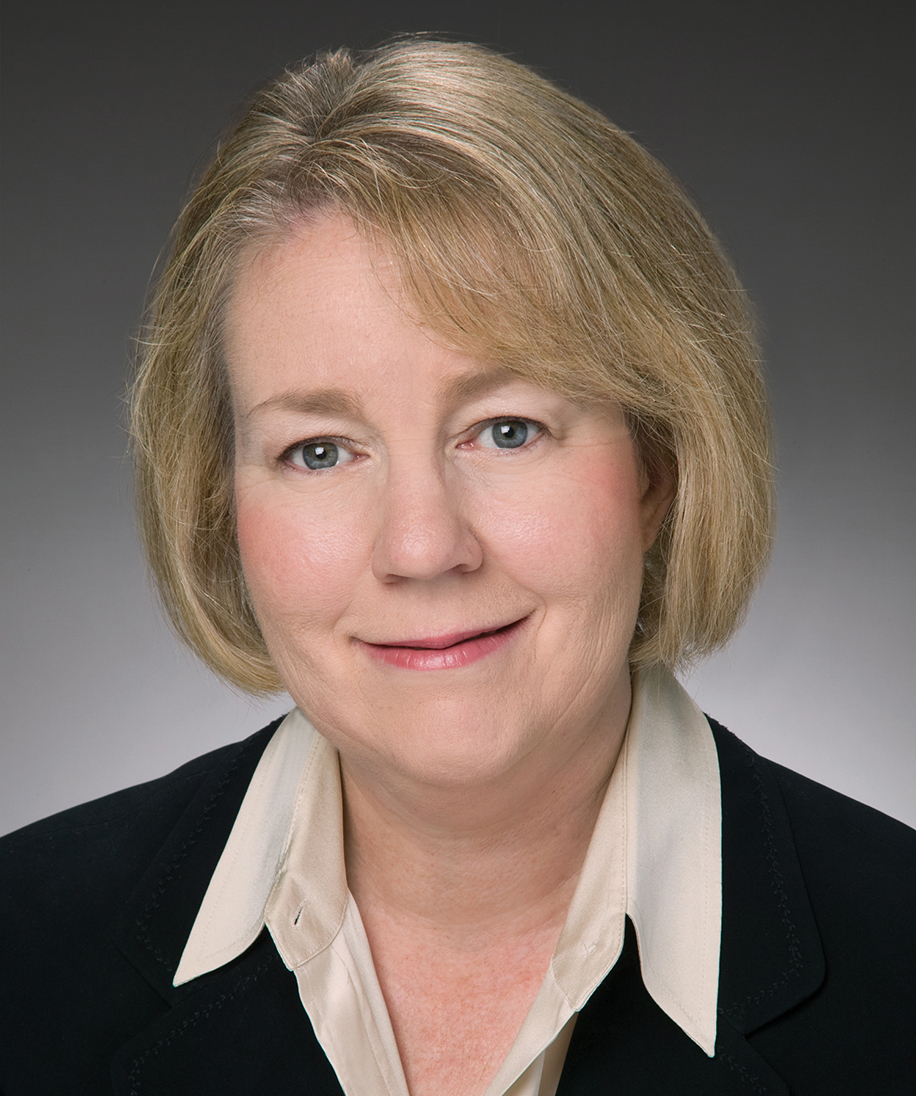
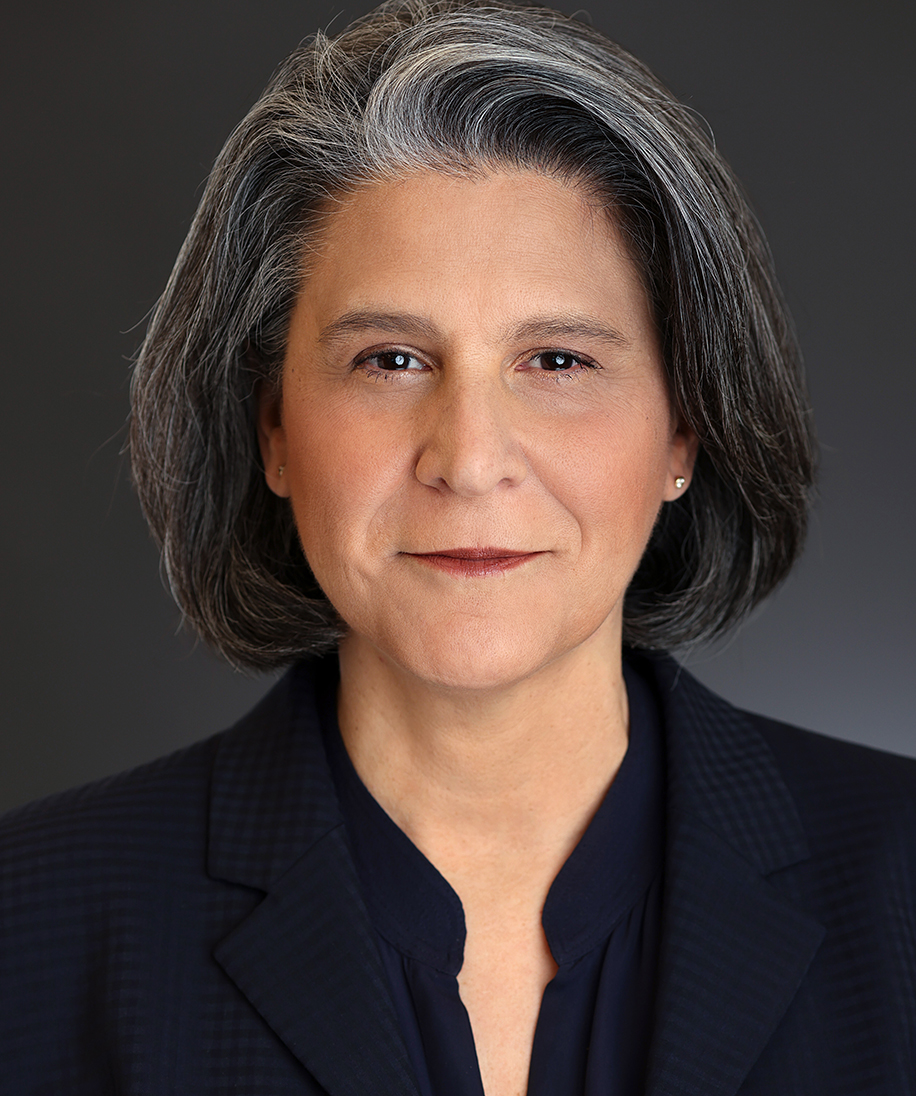
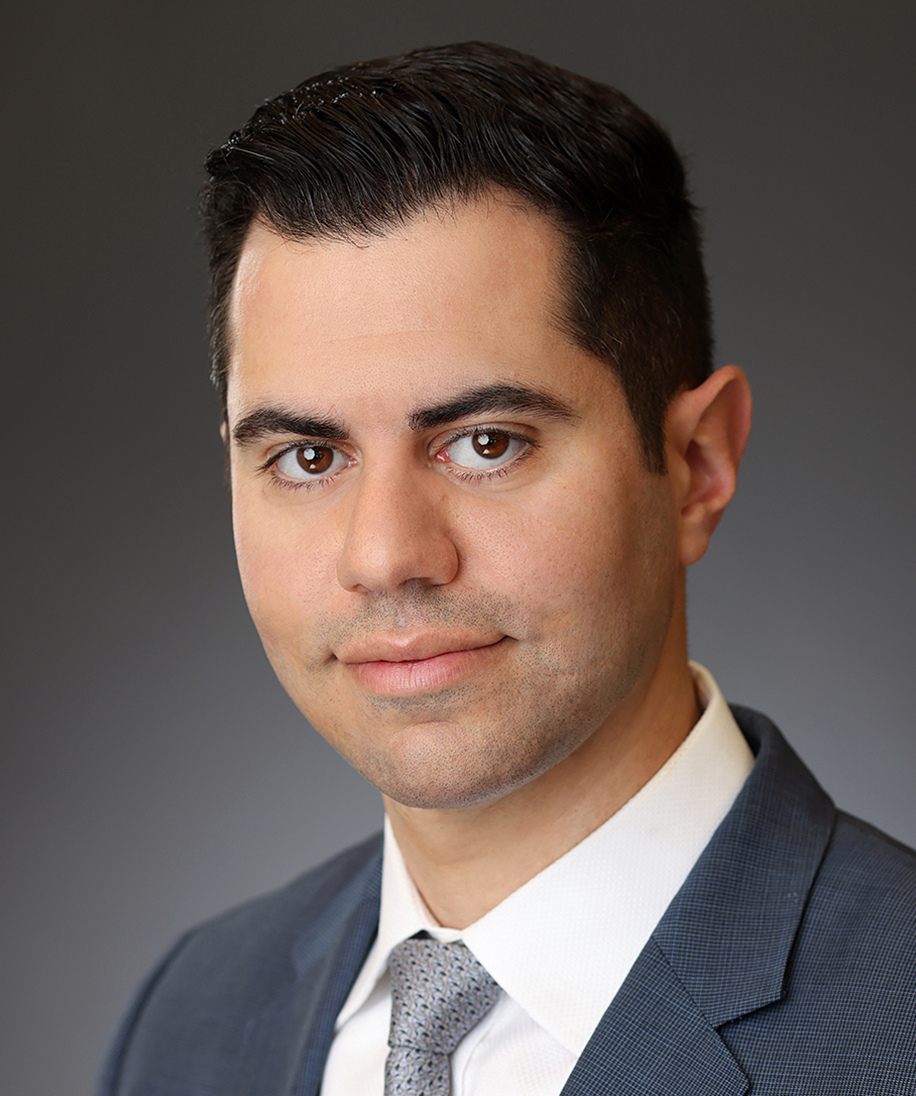

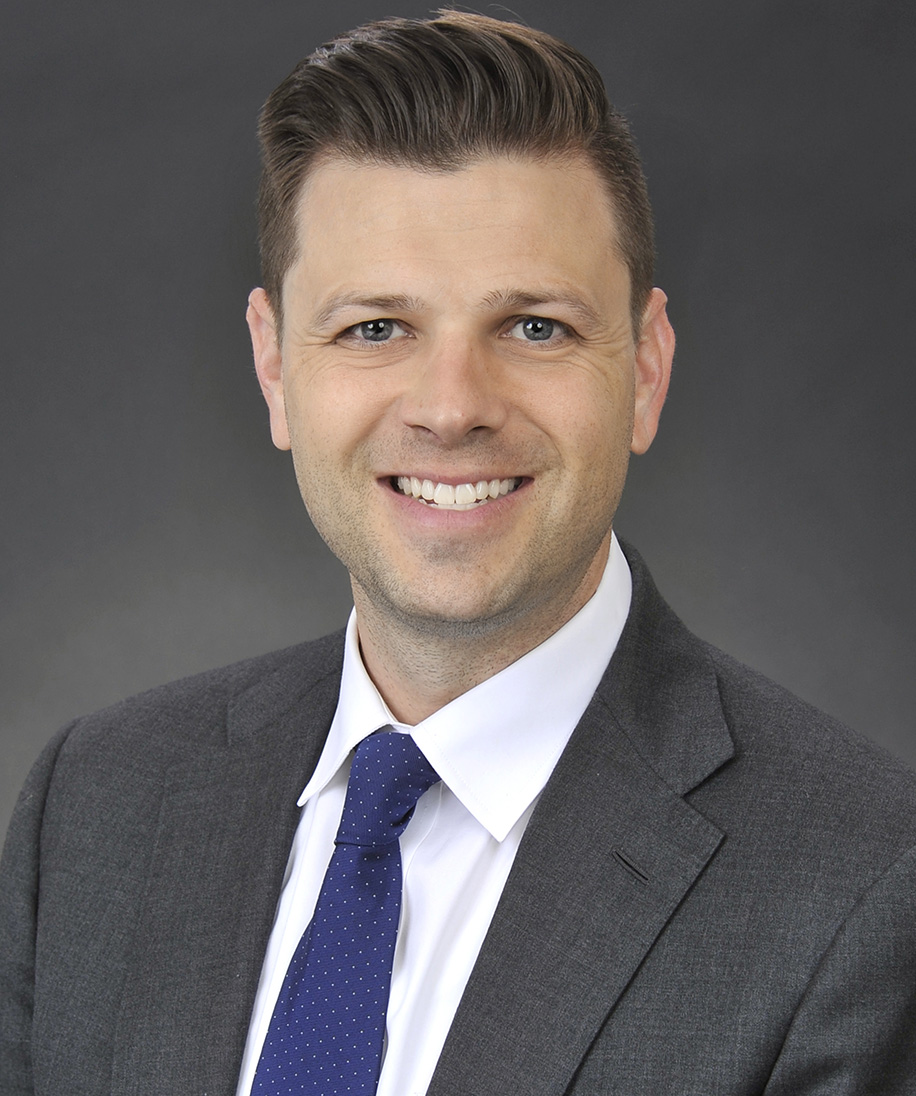

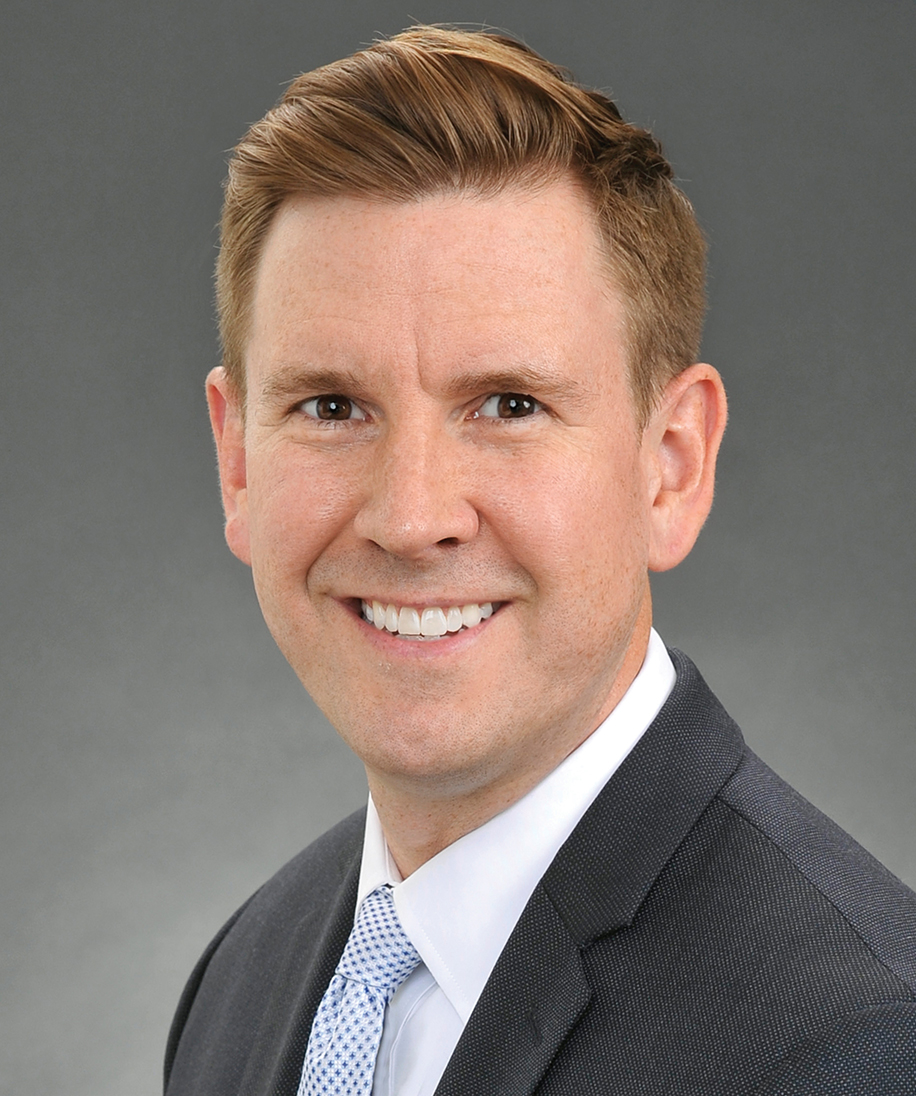

Practice Areas
Complex Litigation and Arbitration
Employment Counseling and Preventive Advice
For More Information







